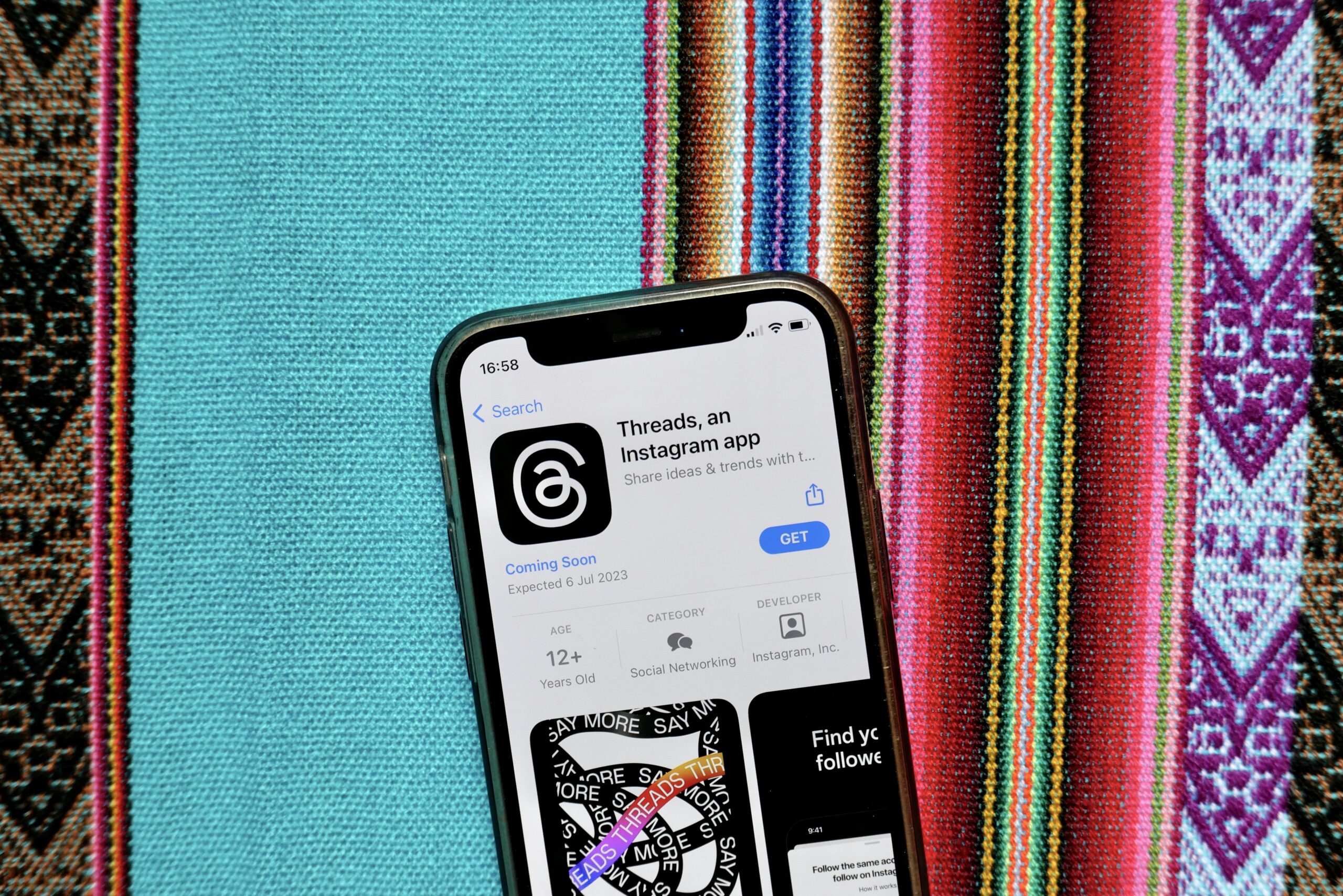What is Clubhouse? 5 opportunities for brands, and 5 things to bear in mind
Clubhouse has launched into a world looking for distraction, and it’s fair to say it’s done more than just turn a few heads.
In a few months, the audio-based social media app has received investment that gives it a reported $1bn valuation and its user numbers are soaring among those craving something new in an already crowded social media space.
It won’t be long before the big B2C brands are all over it, and it’s not hard to see why. Its simple, buzzy feel brings something genuinely fresh. So what might be the potential here for brands? And could there be any pitfalls?
I put on my headphones and had a nose around to find out.
What is Clubhouse?
In a nutshell, it’s an audio-based social media app that lets you drop in and out of chats you’re interested in – there are meditation rooms, fan clubs, entrepreneurs’ groups and much more besides.
Conversations take place in rooms, which contain moderators, speakers and listeners. You join each room as a listener and don’t have to participate, but if you wish to do so you can raise your virtual hand and wait to be invited on to “the stage”.
I stumbled into more than a few rooms containing a range of knowledgeable people, including a couple of MBE/OBE-laden entrepreneurs. It’s a bit like eavesdropping at a really interesting dinner party or networking event, but without having to leave the house.
Choose Your Own Adventure…an eleven-part thread 💫 https://t.co/AFRaAEWNMy
— Clubhouse (@joinClubhouse) December 23, 2020
What are the positives for marketers?
1 Innovation in events
The first brands on board are likely to be deep-pocketed FMCGs keen to be early adopters. I predict we’ll see branded clubs, rooms and promotions, and Clubhouse says it has plans to introduce ticketing. Brands could use paid or invite-only tickets for targeted events, or host closed rooms in which to discuss projects with internal teams or clients. Virtual roundtables can be easily hosted.
2 Audio recording for podcasts and sharing
Currently, you can’t record the discussions that take place on Clubhouse. According to co-founder Paul Davison, the option to do so is being developed and could be launched in the next few weeks. While this might affect the ‘loose’ feel of the app, it would give longevity to the content and enable sharing, for example as a podcast. Permission would need to be given by all taking part.
3 Reaching beyond your network
If you find a quality, well-moderated room and end up on the stage, it could be a fantastic opportunity to expand your network. I dropped into a business advice session for entrepreneurs (UK Start-up Radio, if you fancy plugging in) and it was full of interesting people with expert insight on a range of topics. The conversation was honest, and I would not have been in a position to meet these people otherwise.
— Clubhouse (@joinClubhouse) December 22, 2020
4 Marketing experimentation
The platform is host to an abundance of hustlers, celebs, social media consultants and self-nominated “successful” people. But there are many fascinating ‘tribes’ to dip into as well. There is limitless potential for people to group together and explore niche interests, and the audio format creates a more open, less intimidating space. Future products include payment for creators – so there’s a real incentive for users to build their followers.
5 Tapping into the zeitgeist
Clubhouse is like a huge radio phone-in where the speakers might (or might not be – see below) world-leading experts, and you can be invited on to the stage to offer your viewpoint. Admittedly, the clubs can be random, broad and even utter nonsense. But there are plenty more niche and diverse spaces in which you can listen, research and engage.
And are there any downsides?
1 Privacy concerns
What will brand lawyers and IT departments think of the fine print? Someone who has already scoured the Ts and Cs is data ethics lecturer and privacy expert Alexander Hanff. You can read Hanff’s thoughts in full here, but among his concerns he posits the site has no end-to-end encryption and suggests it could fall foul of various articles of GDPR.
2 Moderation minefield?
Critics say the site’s ‘off-the-record’ nature could create a place for misogyny and racism. It’s up to room operators to moderate, and they have the power to remove other speakers or close the room altogether. Individuals can raise issues via their profile. But will this ‘human’ moderation be enough to suppress issues as the site grows? Clubhouse says it’s working to train moderators and give them more tools, as well as adding new fixes for trolling and features to make in-room reporting more robust.
Clubhouse is moving quickly today, but in some ways it feels like our journey started a long time ago. We wanted to take a moment to share our story and tell you a bit more about what's next.https://t.co/rsvnHYlS4b
— Clubhouse (@joinClubhouse) January 24, 2021
3 Do you know who I am?
Alongside the diverse array of interesting speakers there are some obvious snake-oil salespeople who are impossible to verify. Of course, that’s the case for many social media platforms, but some are concerned the more intimate nature of Clubhouse could lead to people being taken in. With speakers offering advice on issues including funding, VC finance and healthcare, who’s managing or regulating that type of content?
4 Emotions can run high
There’s something liberating about this audio-only space, and as a woman it felt less intimidating, for instance, to dip in and out while being judged by my words alone. Discussions are ephemeral, not recorded and bring together people who don’t know each other in an intense environment. This could lead to people becoming less inhibited – and the potential for things to get quickly out of hand.
5 It’s a real time-suck
There are hundreds of fascinating rabbit holes to dive down. Find the right rooms and your waking life could be caught up in this platform before you know it – don’t you have a day job?
READ MORE:
#Coronacomms: Corporate social media at times of crisis
What is brand journalism and why do I need it?
If you would like to know more about how Formative Content helps tell the brand stories of some of the world’s biggest B2B organisations, please email gay@formativecontent.com
About the author: Gay Flashman is the CEO and founder of Formative Content. Connect with her on LinkedIn here.

Related Articles

AI won’t destroy SEO – but it will massively change the game
“The reports of my death are greatly exaggerated,” Mark Twain is said to have told a newspaper reporter.

Where creativity and technology meet: a designer’s view on artificial intelligence
My favourite things usually exist where creativity and cutting edge technology meet.

What does the launch of Twitter-alternative Threads mean for B2B marketers?
Threads, a Meta-owned alternative to Twitter, is set to launch on Thursday.

Protecting your brand in the age of generative AI
Imagine a deep fake video supposedly of your CEO making a market-moving statement going viral on the web.



